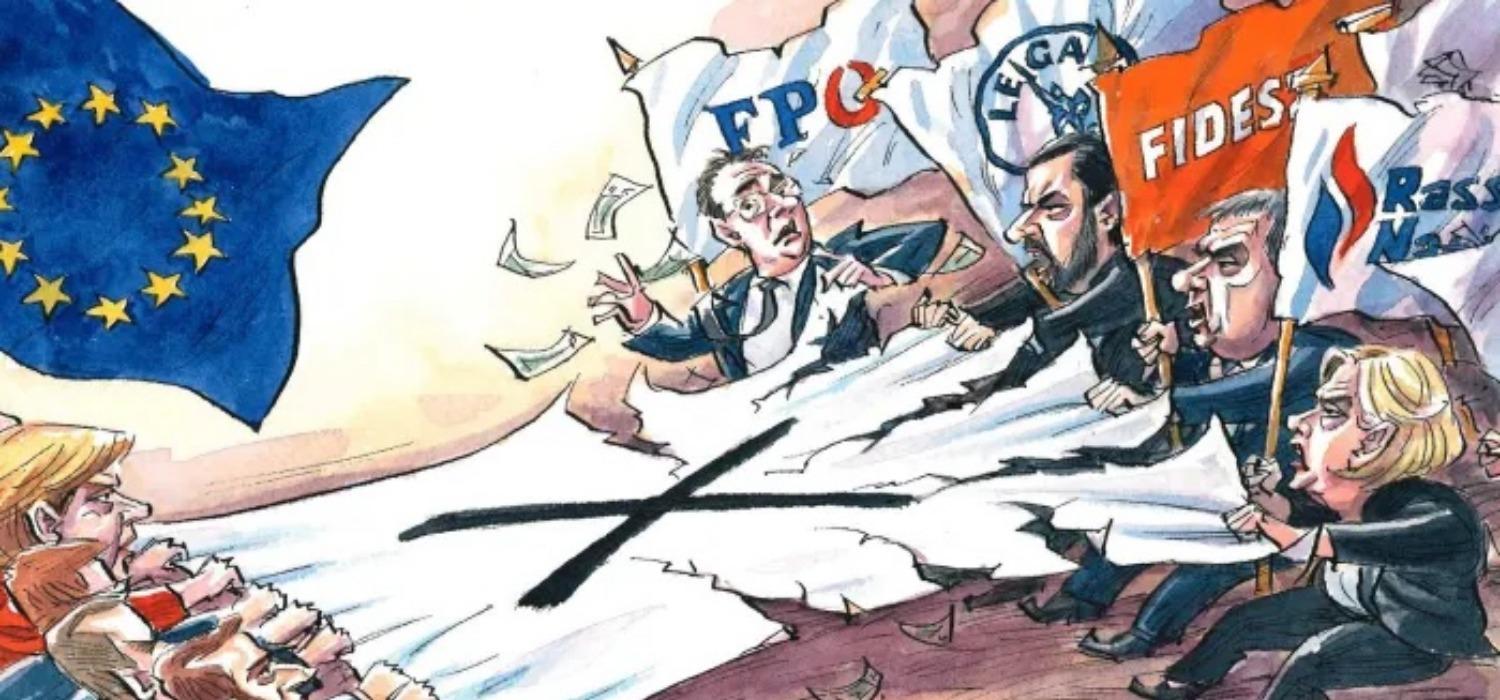
Feb. 8, 2021
What We Are Learning This Week with Dr. Jean-Christophe Boucher

Feb. 11, 2021 in POLI 502.32 Populism and World Politics
Dr. JC Boucher is exploring the consequences of populism. How does populism affect the political environment of countries? How does it shape political institutions, such as the judiciary, constitutions, elections & referendums, legislative assemblies?
Can you tell us a little more about this topic?
An interesting debate in the literature on populism opposes two basic arguments. On the one hand, some scholars argue that populism is a corruption found mostly in liberal democracies, creating a push toward majoritarian rule and a direct attack on liberal ideals. On the other hand, others argue that populism is a “correction” in instances where corruption, the slow erosion of representative democracy, and overall expanding inequalities have damaged democratic principles. This week we are specifically examining both the theoretical and empirical evidence of the consequences of populism.

What else do you cover in your course?
This course examines populism and world politics. Much of the existing scholarship has focused on domestic politics, neglecting the growing influence of populism on foreign policy decision-making and, correspondingly, its impact on state behaviour. During this seminar, we engage both the theoretical and empirical literature on populism and foreign policy in order to understand better the impact of the phenomenon in contemporary politics.
How did you come to develop this course?
I am working at the moment on several papers trying to understand how populism shape the foreign policy of countries. How does it influence states’ policies on trade (many populist governments have pushed back against trade liberalization), immigration, and international governance in general. I try to focus my seminars on topics directly related to my research agenda. In many ways, seminars are a great environment to think through issues and involve students in the creative process of scholarly work.
Finally, what other courses would you recommend for students interested in this topic?
This topic both overlaps courses exploring the influence of ideology in the political environment and courses focusing on foreign policy analysis. For the role of ideology and ideas, students starting out might try POLI 213 Political Ideologies, POLI 310 History of Political Thought for the philosophic background to these ideologies, POLI 359 Introduction to Comparative Politics, POLI 381 Introduction to International Relations for the dominant ideas in international relations; more advanced students might want to look at POLI 587 International Ethics. For the foreign policy analysis, students should look at POLI 381 Introduction to International Relations, POLI 435 Canada and World Politics, POLI 569 Selected Topics in Middle East Politics, and POLI 683 Advanced Studies in Foreign Policy.
